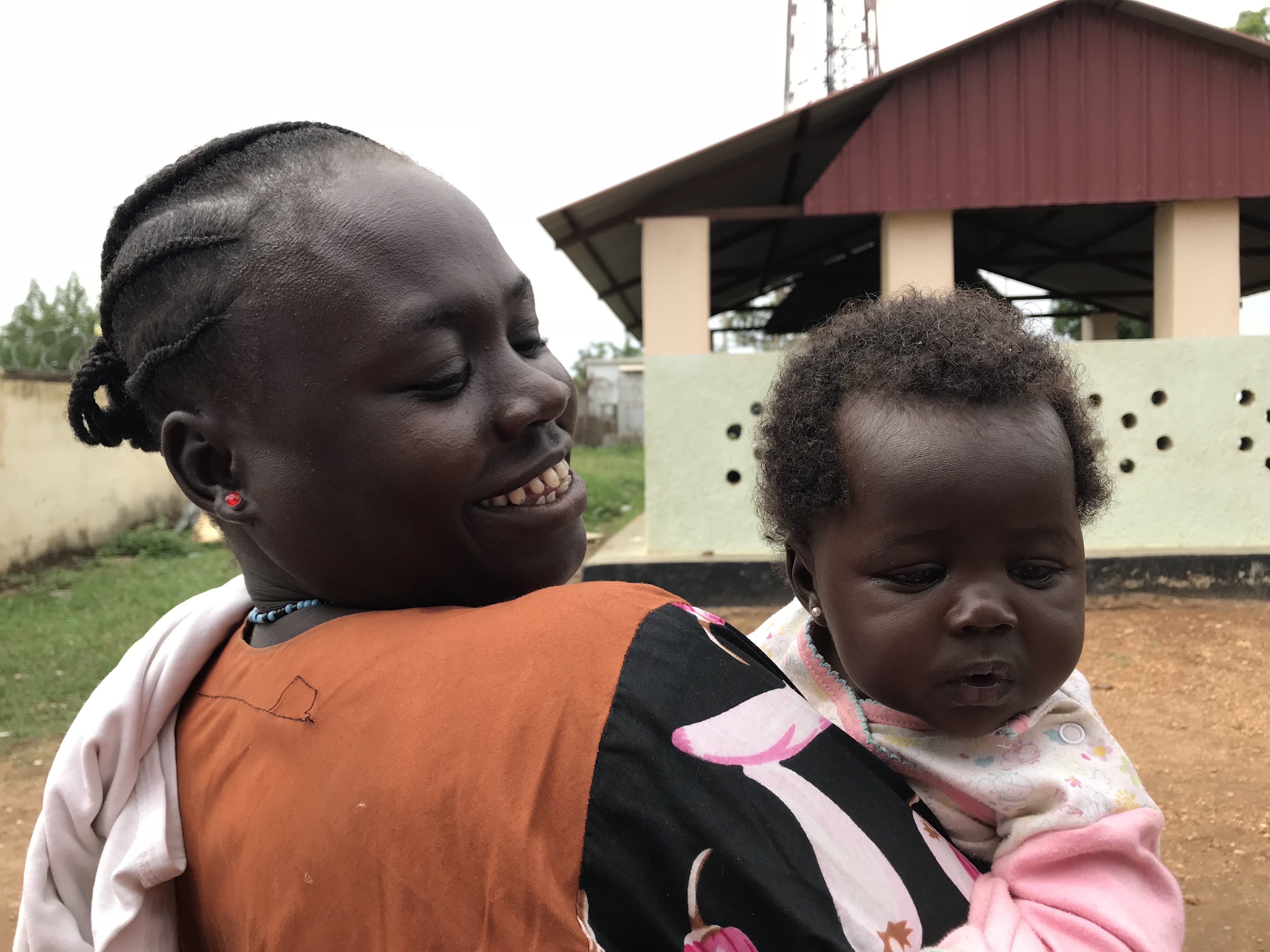
Malaria still killing children in South Sudan
Malaria remains one of the leading causes of death in South Sudan.
This may sound strange to countries that no longer have to treat malaria, but in South Sudan it's one of the most common and notorious diseases that claims the lives of children, pregnant mothers and adults.
Dr. Afrah Akasha, the Medical Officer at a local health centre explains, “Malaria is more common, especially during the rainy season like this. There is a need for health education at the community level to help prevent malaria.”
Diarrheal diseases are the second leading cause of death in children under the age of five, the doctor added. Michael May, the lab technician who has spent 10 years at the health centre, confirms that 100 – 120 patients a day screen positive for malaria.
“This is because there is a high level of rainfall especially in the Southern Western parts of South Sudan, a lot of stagnant water and growth of bush around the compound,” May said.
He also stated that the health centre lacked many essentials. It lacks a functioning microscope for testing different sicknesses and they are relying on "Rapid Diagnostic Test" for testing malaria, which May said doesn’t give accurate results.
Since the start of the conflict in 2013, the country’s economy has been hard hit. The price of commodities constantly increase as the country depends on the industrial products from neighbouring countries. The medical sector is the worst affected since the country doesn’t produce its drugs for any single sickness.
Families can't afford to buy complete doses for malaria treatment, which helps the malaria parasites to become very resistant. This is the reason we see a child that's been discharged returned for malaria treatment after a few days.
The health centre consists of one doctor, six clinical officers, nine nurses and five volunteers. The medical staff struggle daily to give the best services to the high number of patients seeking treatment.
Flora Keji, a mother-of-six, says she always ensures her children sleep under mosquito net, but still her children are affected by malaria. This is because mosquitoes are very active between 6pm and 9pm – a time when children are still awake.
Kuli Esther, a 27-year-old mother, is nursing her first child. Kuli said she prevents mosquitoes in her room by spraying them with insecticide before she goes to bed.
“I do these preventative measures, but still my child is affected by malaria. I can’t feel comfortable as a mother when my child falls sick of malaria because it is a dangerous common disease here,” Kuli said, adding, “I want to educate my child so that she can serve the nation. That is my only hope for her.”
By Lisi Emmanuel Alex
